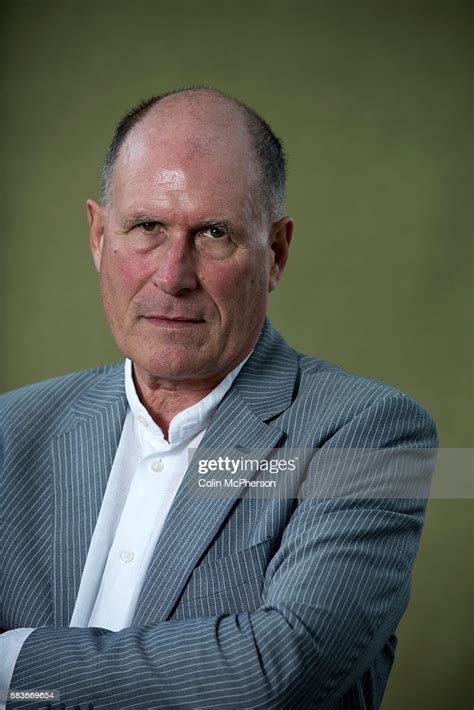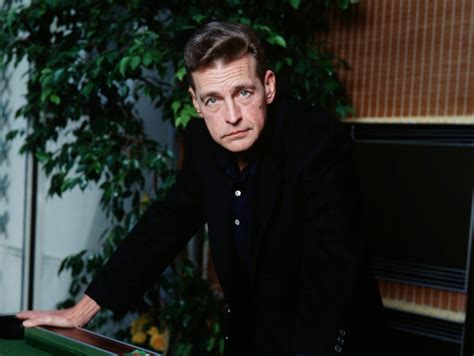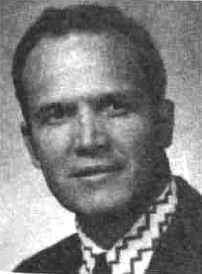A Quote by Arundhati Roy
I would never, ever use a novel to do thinly disguised political information dissemination. For me, all these experiences, they sat in me, and they got broken down into my body, and I sweated it out. It's not because I want to talk about 'issues.' For me, a novel is a way of seeing the world.
Related Quotes
The more readings a novel has, even contradictory, the better. In journalism, you talk about what you know; you have provided yourself with records, you have gathered information, you have performed interviews. In a novel, you talk about what you don't know, because the novel comes from the unconscious. They are very different relationships with words and with the world. In journalism, you talk about trees; in the novel, you try to talk about the forest.
I don't impose political responsibilities on my fiction. The last thing I would ever want to do, for example, is write a novel that would appear to want to tell people what to think about the immigration debate, and I would never write a novel whose sole ambition was to give a "positive" view of immigrants. I'm for open borders, by the way - down with the nation state!
It's disingenous for me to say that I wasn't trying to write a moral novel. By its very nature as a novel about the Iraq War, Fobbit steps into the political conversation. There's no way to avoid that. I can appreciate that readers are probably going to line up on one side of the novel or the other. I hope they go to those polar extremes, actually.
If someone does learn about the world from reading a novel of mine, that makes me very happy. It's probably not what brings me into the novel in the first place - I usually am pulled in by some big question about the world and human nature that I'm not going to resolve in the course of the novel. But I'm very devoted to getting my facts straight.
I always think about the books I'm doing in pretty much the same way. I'm simply trying to write that particular novel as well as that particular novel can be written. I want to listen to what it is telling me, trying to figure out what it wants to do as much as what I want to do with it. There's a negotiation that's constant and ongoing between me and the material I'm working with, because I'm trying to listen to it.
The age of the book is not over. No way... But maybe the age of some books is over. People say to me sometimes 'Steve, are you ever going to write a straight novel, a serious novel' and by that they mean a novel about college professors who are having impotence problems or something like that. And I have to say those things just don't interest me. Why? I don't know. But it took me about twenty years to get over that question, and not be kind of ashamed about what I do, of the books I write.
Madly, futilely, I wrote novel after novel, eight in all, that failed to find a publisher. I persisted because for me the novel was the supreme literary form - not just one among many, not a relic of the past, but the way we communicate to one another the subtlest truths about this business of living.
Madly, futilely, I wrote novel after novel, eight in all, that failed to find a publisher. I persisted because for me the novel was the supreme literary form: not just one among many, not a relic of the past, but the way we communicate to one another the subtlest truths about this business of living.
My most recent novel didn't start out scaring me, but as I got deeper into writing it, it scared me. It's not so much where the story's going. It's where it came from. I always come out of it thinking, Okay, that got it all outta me. The next one's gonna be nice and simple, and it's not gonna scare me, and that never seems to happen.
How did you escape? (Syd) I fought my way out in a manner that would have made Rambo proud. And when I got home without his body because I couldn’t pull him out without getting myself killed, I got slapped in my face by everyone around me. So don’t talk to me about death, little girl. I wrote the book on it. (Steele)
I remember my mother saying to me on one occasion, 'Mel, I know that I can count on you.' I resolved that she would always be able to count on me. I would not let her down. I loved her too much. Her confidence in me meant everything. Today I still feel that way. I feel that way about the Brethren. I don't ever want to let President Hinckley or any of the other leaders of the Church down. But, even more important, I never want to let the Savior down, because I love Him more than anything else.
It's very bad to write a novel by act of will. I can do a book of nonfiction work that way - just sign the contract and do the book because, provided the topic has some meaning for me, I know I can do it. But a novel is different. A novel is more like falling in love. You don't say, 'I'm going to fall in love next Tuesday, I'm going to begin my novel.' The novel has to come to you. It has to feel just like love.




































